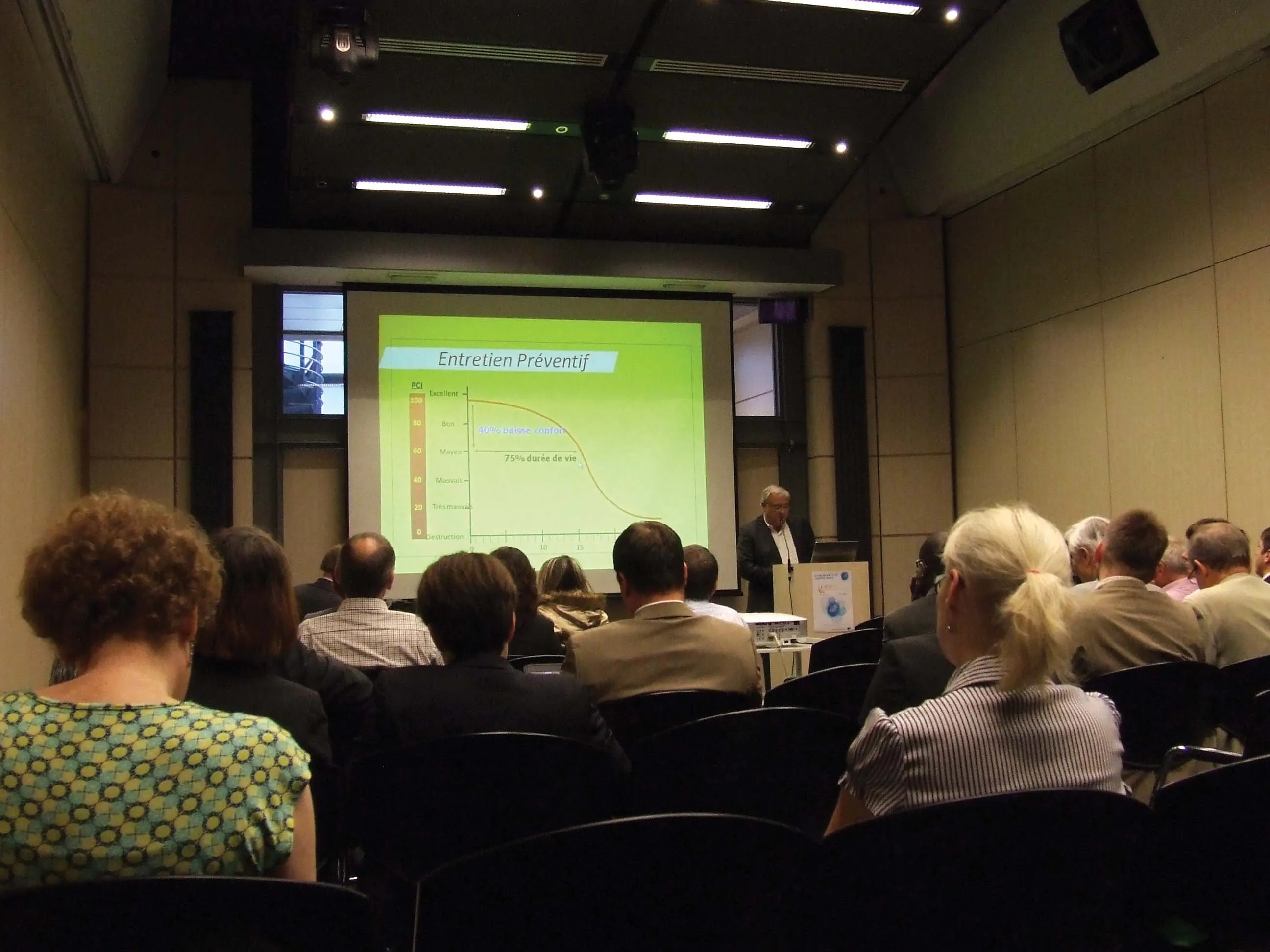Toll operators must offer a level of service for which drivers are prepared to pay because in many cases, drivers have alternative free-use routes. Incentives to attract drivers onto toll roads must include shorter and reliable journey times as well smooth and trouble free travel – all at an affordable price. Private companies running toll roads face the same difficulties as any other commercial entity, in particular financing construction before any toll revenue can be collected. Hardly surprising that fin
May 31, 2017
Read time: 3 mins

Toll operators must offer a level of service for which drivers are prepared to pay because in many cases, drivers have alternative free-use routes. Incentives to attract drivers onto toll roads must include shorter and reliable journey times as well smooth and trouble free travel – all at an affordable price.
Private companies running toll roads face the same difficulties as any other commercial entity, in particular financing construction before any toll revenue can be collected. Hardly surprising that financing was one of the major themes at a recent Study and Information Days event put on by1103 ASECAP, the European association of toll concessionaires.
The stakes are high. ASECAP’s members operate more than 50,000km of tolled highways. Across the Atlantic, members of the International Bridge Tunnel and Turnpike Association (2793 IBTTA), ASECAP’s North American equivalent, operate more than 8,500km of highway.
A client’s tender document for a planned toll road includes all the details including the road’s proposed route and design, land surveys and – importantly - estimates of expected traffic volumes. Potential bidders base their calculations upon this data.
However, should there be significant differences between the details provided and reality, the winning bidder can make a claim for changes to the contract – especially in terms of payment. The construction phase represents one of the biggest risks - particularly as the road may not be open and therefore the concessionaire would not be receiving any toll revenue.
The moment the contract is signed, “the partnership ends and the fighting begins. Once the contract is signed it’s a zero-sum game: my gain is your loss,” said José Viegas, secretary general of the1102 International Transport Forum.
He urged delegates, which included local authorities, concessionaires and contractors, to cooperate and not let lawyers take control.
One of the biggest changes in the tolling industry working its way through the system is European Union Directive 2014/23/EU which redefines the European model of a concession. In the new regulations, the concessionaire must accept the risk of failure. In tolling that often relates to unexpected difficulties during construction of the volume of traffic that use the new road. This introduces a degree of uncertainly which, Guy Chetrit of the1054 European Investment bank, told the conference, means “PPPs [public-private partnerships] are not the right vehicle for funding toll road construction as a PPP needs certainty.”
Private companies running toll roads face the same difficulties as any other commercial entity, in particular financing construction before any toll revenue can be collected. Hardly surprising that financing was one of the major themes at a recent Study and Information Days event put on by
The stakes are high. ASECAP’s members operate more than 50,000km of tolled highways. Across the Atlantic, members of the International Bridge Tunnel and Turnpike Association (
A client’s tender document for a planned toll road includes all the details including the road’s proposed route and design, land surveys and – importantly - estimates of expected traffic volumes. Potential bidders base their calculations upon this data.
However, should there be significant differences between the details provided and reality, the winning bidder can make a claim for changes to the contract – especially in terms of payment. The construction phase represents one of the biggest risks - particularly as the road may not be open and therefore the concessionaire would not be receiving any toll revenue.
The moment the contract is signed, “the partnership ends and the fighting begins. Once the contract is signed it’s a zero-sum game: my gain is your loss,” said José Viegas, secretary general of the
He urged delegates, which included local authorities, concessionaires and contractors, to cooperate and not let lawyers take control.
One of the biggest changes in the tolling industry working its way through the system is European Union Directive 2014/23/EU which redefines the European model of a concession. In the new regulations, the concessionaire must accept the risk of failure. In tolling that often relates to unexpected difficulties during construction of the volume of traffic that use the new road. This introduces a degree of uncertainly which, Guy Chetrit of the






